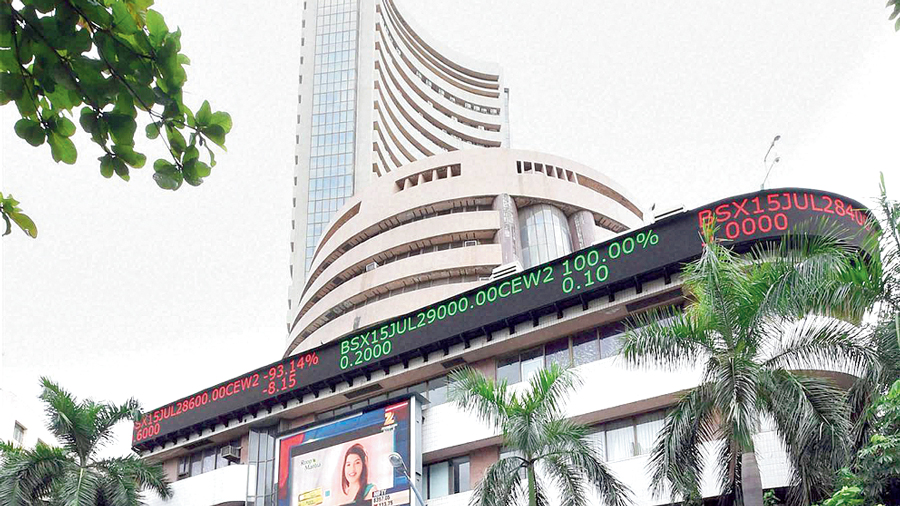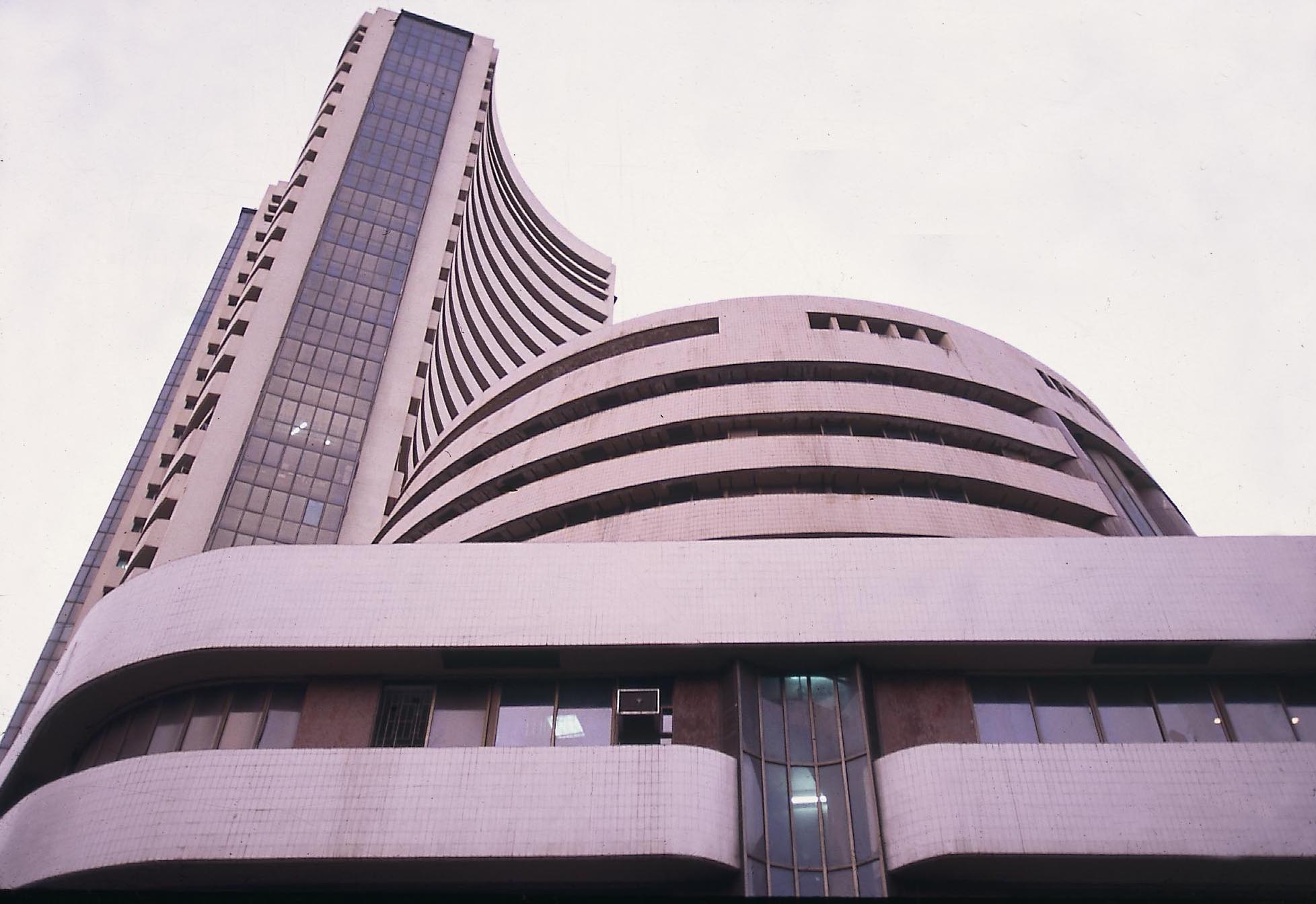The week began on a bad note for investors as rising US treasury yields and a surge in Covid-19 cases in some states saw the Sensex crashing 1145 points to end below the 50000-mark, while the broader Nifty sank more than 306 points.
The Sensex has now fallen for the fifth day running. Analysts fear stocks may have to face headwinds such as rising crude oil prices that could impact inflation and a slowdown in FPI inflows amid incremental Covid cases.
In Monday’s trade, the benchmark indices tracked losses in heavyweights amid poor global cues.
Apprehensions are that rising US yields could be negative for emerging markets such as India as it could lead to fund outflows.
Provisional data from the NSE showed that foreign portfolio investors (FPIs) sold stocks worth Rs 893 crore in Monday’s trade. To add to the market’s woes, rising cases of coronavirus in states such as Maharashtra and the likelihood of a lockdown there has led to concerns that it could affect the modest economic recovery.
The Sensex opened in the green at 50910.51 and inched up to a day’s peak of 50986.03. But it failed to sustain the gains and fell below the 50000-mark to a day’s low of 49617.37 after which the gauge ended at 49744.32, a drop of 1145.44 points, or 2.25 per cent. Barring three stocks in the Sensex, the rest ended in the red. Dr Reddy’s was the top loser in the Sensex pack, shedding around 5 per cent, followed by M&M, Tech Mahindra, Axis Bank, IndusInd Bank and TCS.
Siddhartha Khemka, head-retail research, Motilal Oswal Financial Services, said, “The market may continue with its profit booking for some time till the concerns over rising bond yields and inflation recede. Even the spike in virus cases is worrying the market.”
He said rising bond yields may cap equity valuations even as the Reserve Bank of India may have to do a balancing act to keep the yields at lower levels while managing the government’s borrowing programme.
The market would track rising inflation, increasing Covid cases along with prospective US stimulus in the near term for further direction, Khemka said.
The global cues were weak as yields on the benchmark US 10-year treasury notes rose to a one-year high, thus worrying investors that money might move away from the emerging markets. Further, there were concerns over the risk of higher inflation due to sharp jump in commodity prices which tempered optimism around a vaccine-led economic recovery.
He added that on the domestic front, after months of steady nationwide decline, Covid-19 cases are witnessing a surge in some parts of the country particularly. Further, the fall in stock prices got intensified by a sharp rise in volatility because of the monthly F&O expiry this week.











